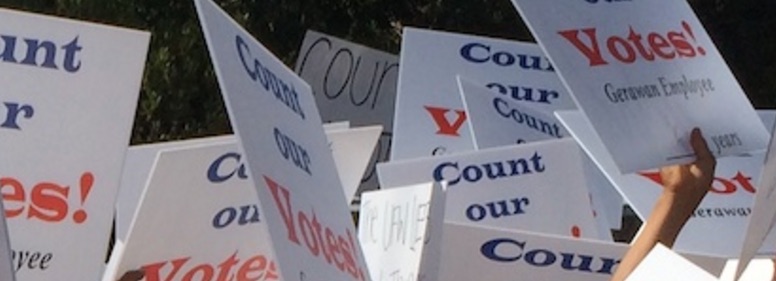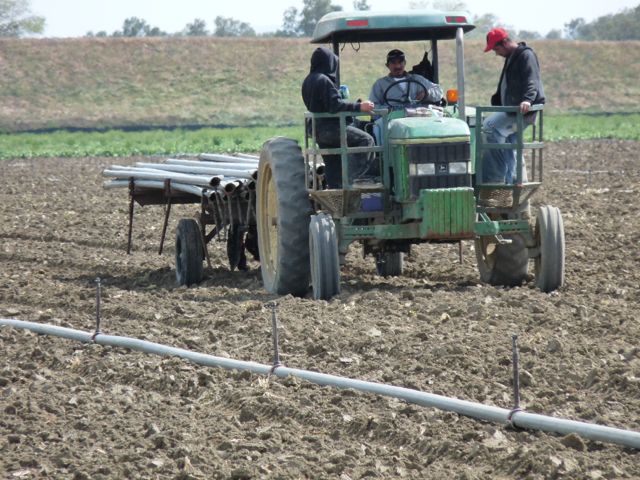Clinton’s Backdoor UFW Endorsement Deal Trumps Farmworkers’ Rights
Assemblyman Patterson Comments on Clinton’s UFW Endorsement vs. Farmworkers’ Rights
By Laurie Greene, Editor
As reported in, “Leaked Clinton emails include pledge to help UFW in fight with Gerawan Farming,” published by the Fresno Bee last Friday, presidential candidate Hillary Clinton, traded support for the United Farm Workers Union (UFW) endorsement and then conspired to undermine Fresno County-based Gerawan Farming and its farmworkers’ rights.
Assemblyman Jim Patterson (R-Fresno) has been supportive of the constitutional rights of farmworkers at Gerawan Farming whose votes cast in a sanctioned 2013 election to decertify UFW representation have never been counted. Under the jurisdiction of the California Agricultural Labor Relations Board (ALRB), the ballots were collected, sealed, and locked away. To date, election results and the location of the ballots are unknown.
In an exclusive interview, Assemblyman Patterson stated:
I think it’s the height of hypocrisy when a candidate for president of the United States goes behind closed doors and makes a backroom deal with an institution that is trying to deny the very privilege of having a free election to decide whether or not [farmworkers] want to be a part of the UFW.
Not supporting or recognizing the Gerawan workers’ right to an election to determine their own future—how they wish to organize, how they wish to value their labor and how they wish to conduct the relationship with their employer through elections—is to me, a slap in the face of the electoral process, of the fundamental constitutional right of everyone to be able to vote and to have a say in their labor and in their future.
 It also demonstrates just how deep and wide this intertwining web of deceitfulness really is. Of all things, for the democratic nominee for President of the United States to make a deal over something that is happening in Central California, with 3,000 workers who decided that they wanted to have elections?”
It also demonstrates just how deep and wide this intertwining web of deceitfulness really is. Of all things, for the democratic nominee for President of the United States to make a deal over something that is happening in Central California, with 3,000 workers who decided that they wanted to have elections?”
After the election, the ALRB took and hid the ballots. The ballots were never counted. Election results were never announced. The election was not the expression of individual farmworkers exercising their right to vote, but considered [by the ALRB] an unfair labor practice.
[The Democratic nominee] decided to make a deal with the UFW over this. It tells me in no uncertain terms that the revolution that is happening with Silvia Lopez and the Gerawan workers—the independence, the thinking for themselves, the willingness to chart their own course with their employer—is frightening the UFW and the ALRB to its foundations.
To the degree that [the UFW] would literally go into a back room and get a pledge from the democratic nominee. . . Notwithstanding the facts—information about the election, the efforts of the ALRB and UFW to suppress [decertification] elections, and their choices for making decisions themselves. . . but to just simply decide to go low . . . and in this instance, go so low that she would be making a deal to abridge—destroy—the fundamental right of an election. That is just unconscionable.
















